Top Tips To Prevent Freezing Pipes This Winter
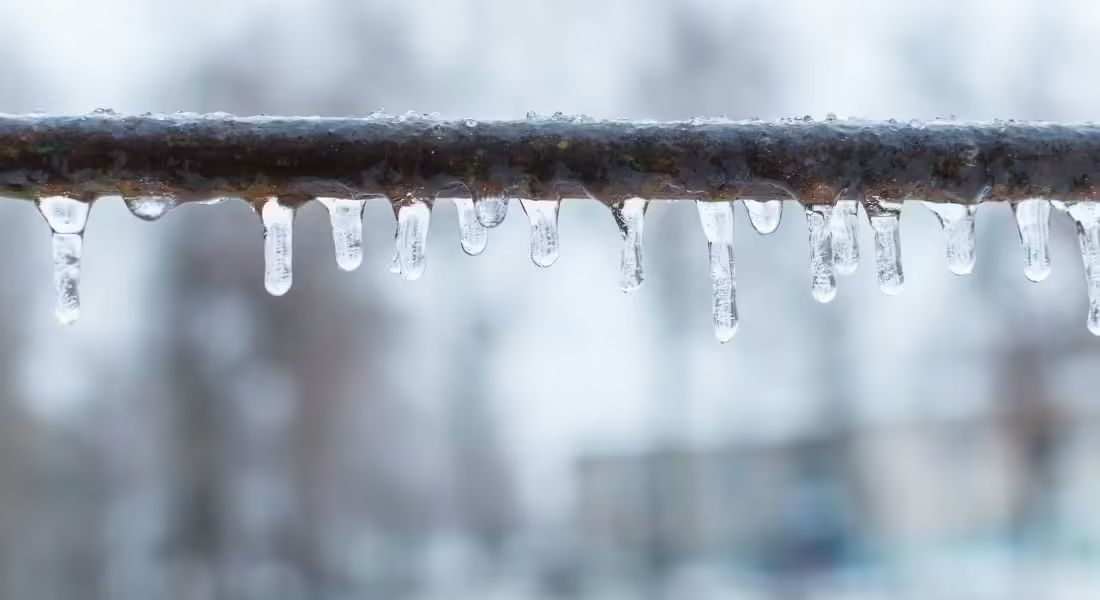
Throughout the winter, the risk of pipes bursting or freezing skyrockets. Burst pipes can cause thousands of dollars worth of damage and are one of the leading causes of property damage during cold, frigid temperatures. You can rack up over 5000 dollars in ruined furniture, clothing, appliances, and more.
Unheated interior areas like garages, attics, and basements pose the most significant risks for pipes. That doesn’t mean lines running through exterior walls and cabinets can’t freeze. There is still a risk if the temperature drops down enough or if your home isn’t insulated correctly. Good news! You can take a few simple steps to keep your water flowing and your house free of unwanted moisture. Read on to explore our top tips to prevent freezing pipes this winter.
Why Frozen Pipes Are an Issue
Water has a unique property that expands when it freezes. This expansion puts incredible pressure on whatever device it’s enclosed in, such as plastic or metal pipes. The strength of your container doesn’t matter because expanding water can cause pipes to burst.
The most at-risk pipes include:
- Lines exposed to severely cold temperatures, including swimming pool supply lines, water sprinkler lines, and outdoor faucet lines.
- Pay close attention to pipes located in unheated interior areas of your home. These areas include garages, kitchen cabinets, crawl spaces, and attics.
- Don’t ignore the lines that run against the exterior walls. These areas tend to have little or no insulation.
Frozen pipes can cause more issues than no running water in your house, so stay alert this winter.
Ways To Help Protect Your Pipes
You can take precautions to help prevent a frozen pipe from disaster from happening. Before winter strikes, make sure you drain all outdoor hoses and faucets and keep the outside valve open to allow any remaining water to expand without bursting a pipe.
Insulation will be one of the best preventative measures to fight back against freezing temperatures. There are many different types of insulation, so contact a professional like Paragon Protection to assess your home and go over which will be best. They are spray foam insulation contractors in Wauconda, IL, who are ready to help keep your home safe this winter season.
If you’re feeling adventurous, you can look into having exposed pipes relocated to a more protected location. This undertaking is significant, but it may be the best route to take for your home.
Liberally apply pipe insulation to protect those vulnerable and exposed lines. Pipe insulation is relatively inexpensive, and you can purchase it at your local hardware store. This precaution can help avoid the headache of a burst pipe, which can leave you with cleanup, lost valuables and keepsakes, and paying your insurance deductible.
How To Prevent the Deep Freeze
Begin taking precautions inside once you notice the temperatures start to drop outside to keep the water flowing and pipes warm. If you have an uninsulated area, 20 degrees Fahrenheit is enough to cause issues within your pipes.
Some of these tips to prevent freezing pipes this winter may go against your better judgment, but the hefty bill you’ll pay for a burst water pipe exceeds the extra expenses. Here’s what you should do:
- Don’t let the garage door stay open for long. This point is crucial if there are water supply lines in the garage.
- Keep the kitchen and bathroom cabinet doors open. This tip allows the air to circulate around the pipes. Make sure you remove harmful household chemicals and cleaners if you have small children.
- Allow cold water to drip from the faucet. Even a trickle of running water helps prevent the pipes from freezing.
- Set and keep the thermostat to the same temperature throughout the day and night. A cold snap isn’t the time to knock back the thermostat a few degrees to save some bucks on your heating bill.
- If you’re leaving your home for a few days or longer, don’t set the thermostat to anything lower than 62 degrees Fahrenheit.
- Adding insulation to basements, crawl spaces, and attics keeps your home protected long-term. To prevent drafts, seal openings and cracks around the doors and windows where your home rests on its foundation.
How To Thaw the Pipes
If you turn on your faucet and notice that the water pressure is at a trickle, you may have a frozen pipe. Be careful when attempting to thaw out your frozen pipes because if the line has burst, the water will come flowing out and into your home.
If you’re dealing with a broken, frozen pipe, first shut off the water at the main shutoff valve. You can locate this valve at the water meter or where the main line enters your home in most homes. Follow these steps if the water is running and no pipe has burst.
Turn the Faucet On
As you begin to unfreeze the pipe and the ice plug starts to melt, you want the water to flow through, no matter how cold it is. Continuously allowing the water to run through the line will help soften the ice.
Apply Heat To That Section
Carefully place a portable space heater in the space to help warm up the pipe and melt the ice. Ensure the heater is nowhere near flammable materials and turn it off when you leave the house or go to bed. Wrap an electric heating pad around the pipe to concentrate the heat to a particular area. Use an electric hair dryer and aim the hot air at the spot you need to melt. You can also try wrapping towels soaked in hot water.
You may be tempted to use a blowtorch, a charcoal stove, or a propane or kerosene heater, but don’t use any device that has an open flame. The high heat can start a fire or damage your pipes.
Heat Until Water Pressure Is Restored
You only have to apply heat until you have full water pressure back. Go around to check all other pipes in your house to find if you have any additional frozen lines. If you have one frozen, you probably have another.
Call a Local Licensed Plumber
If you’re unable to defrost the ice blocking your pipe, or you’re not able to locate the exact spot where the line is frozen, call a local licensed plumber to come and help fix the issue.
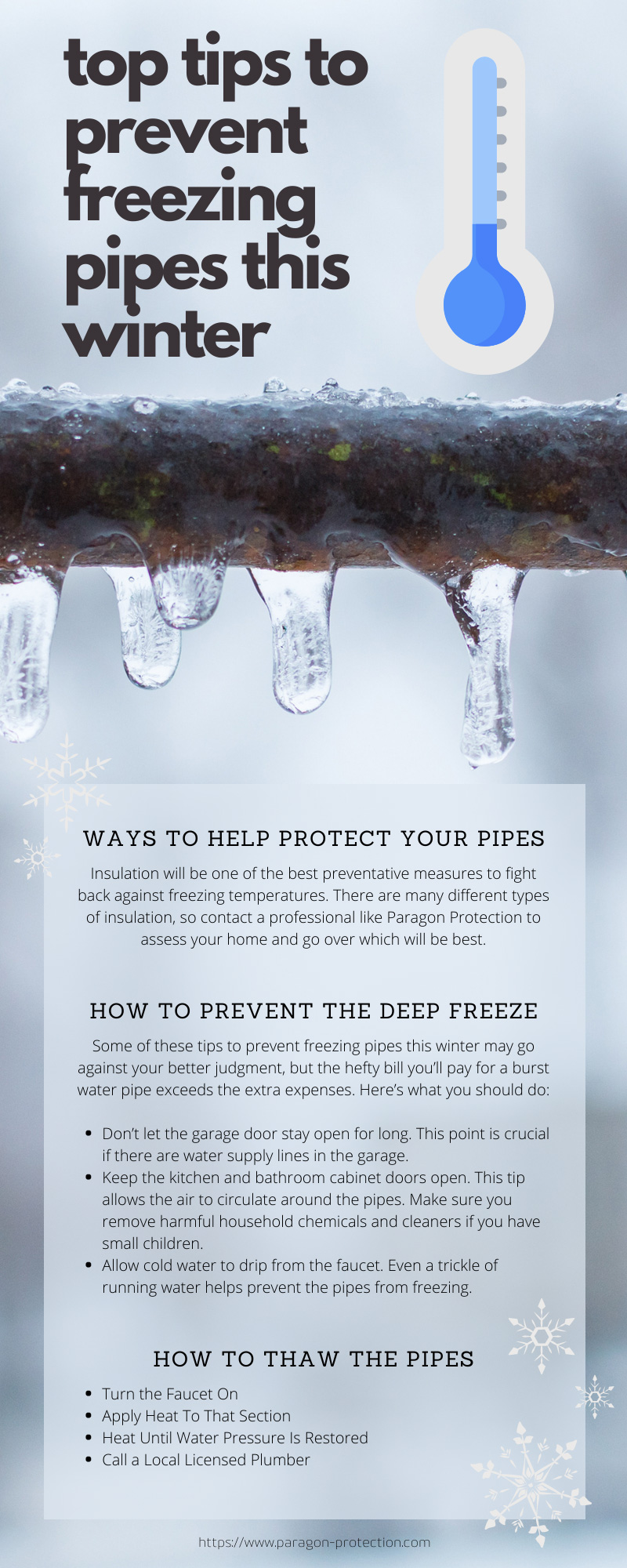

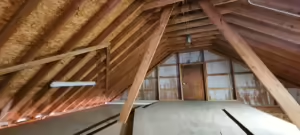
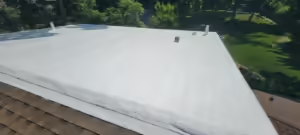
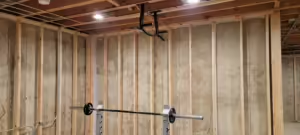
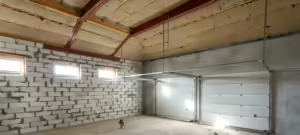
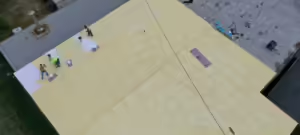
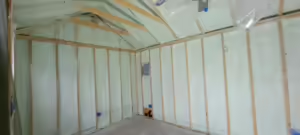
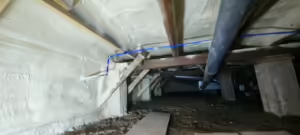
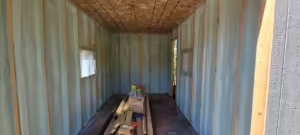
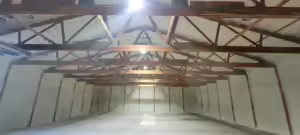
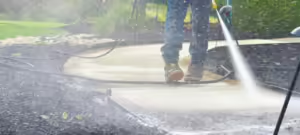
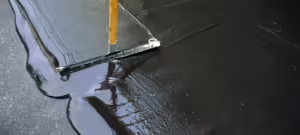
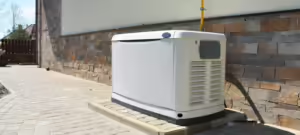
 Professional Insulation Services
Professional Insulation Services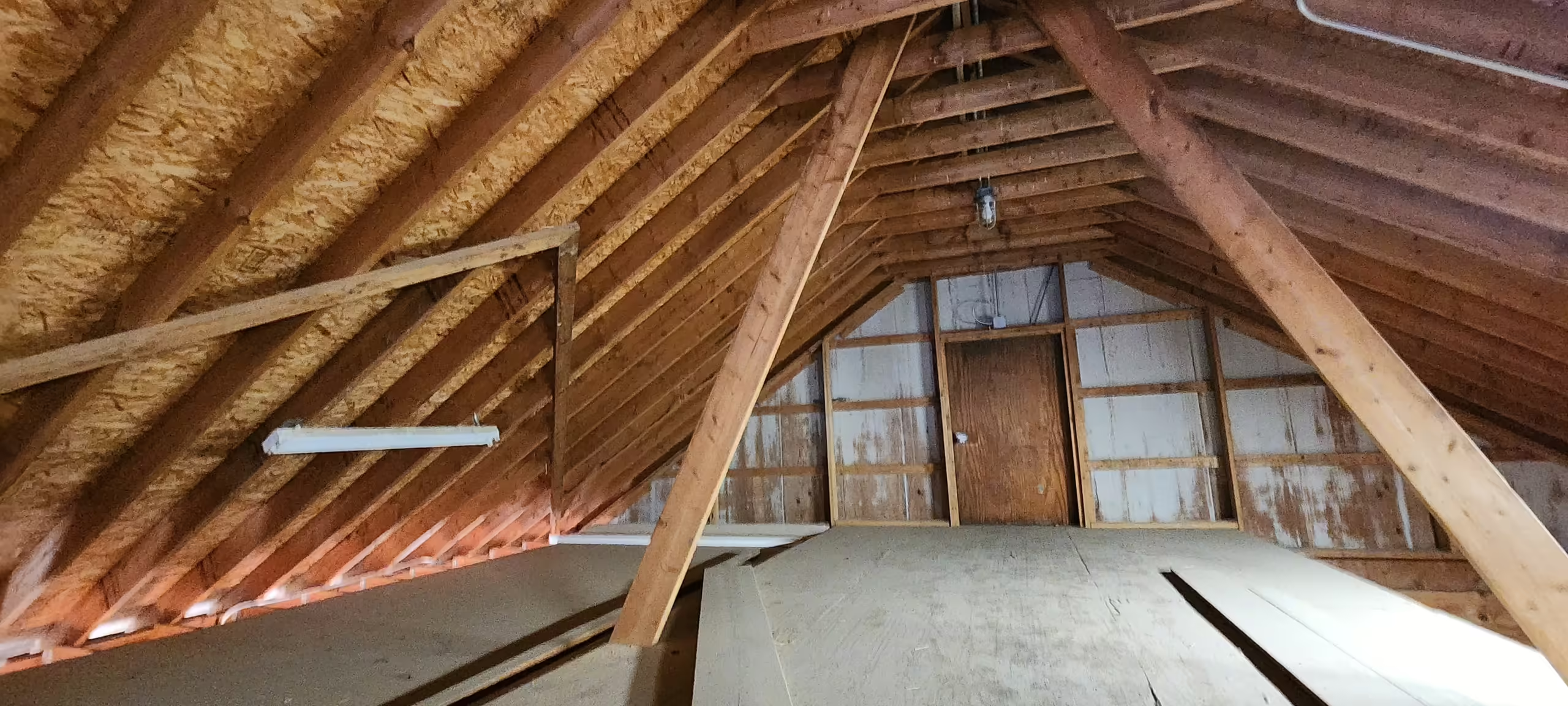 Attic Insulation Services
Attic Insulation Services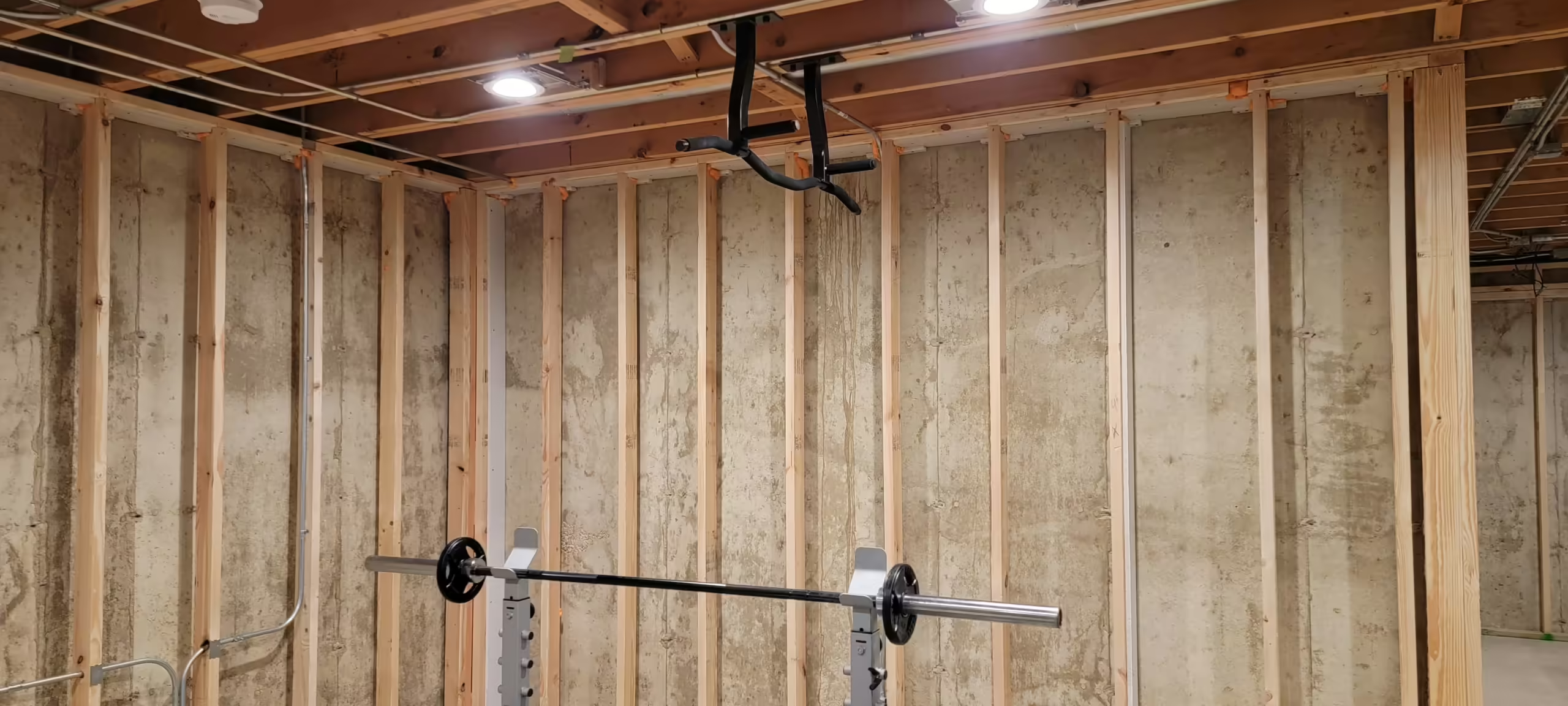 Basement Insulation
Basement Insulation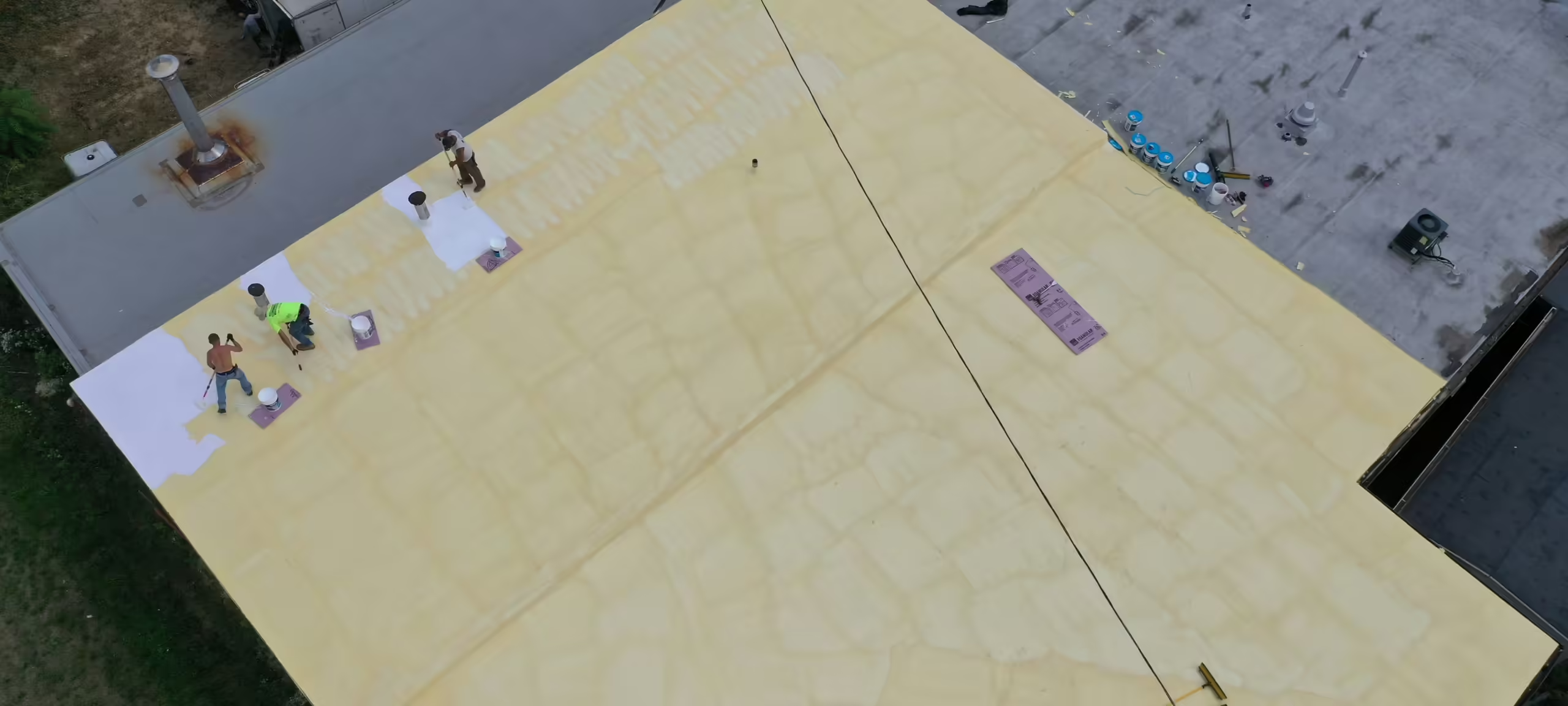 Commercial Insulation
Commercial Insulation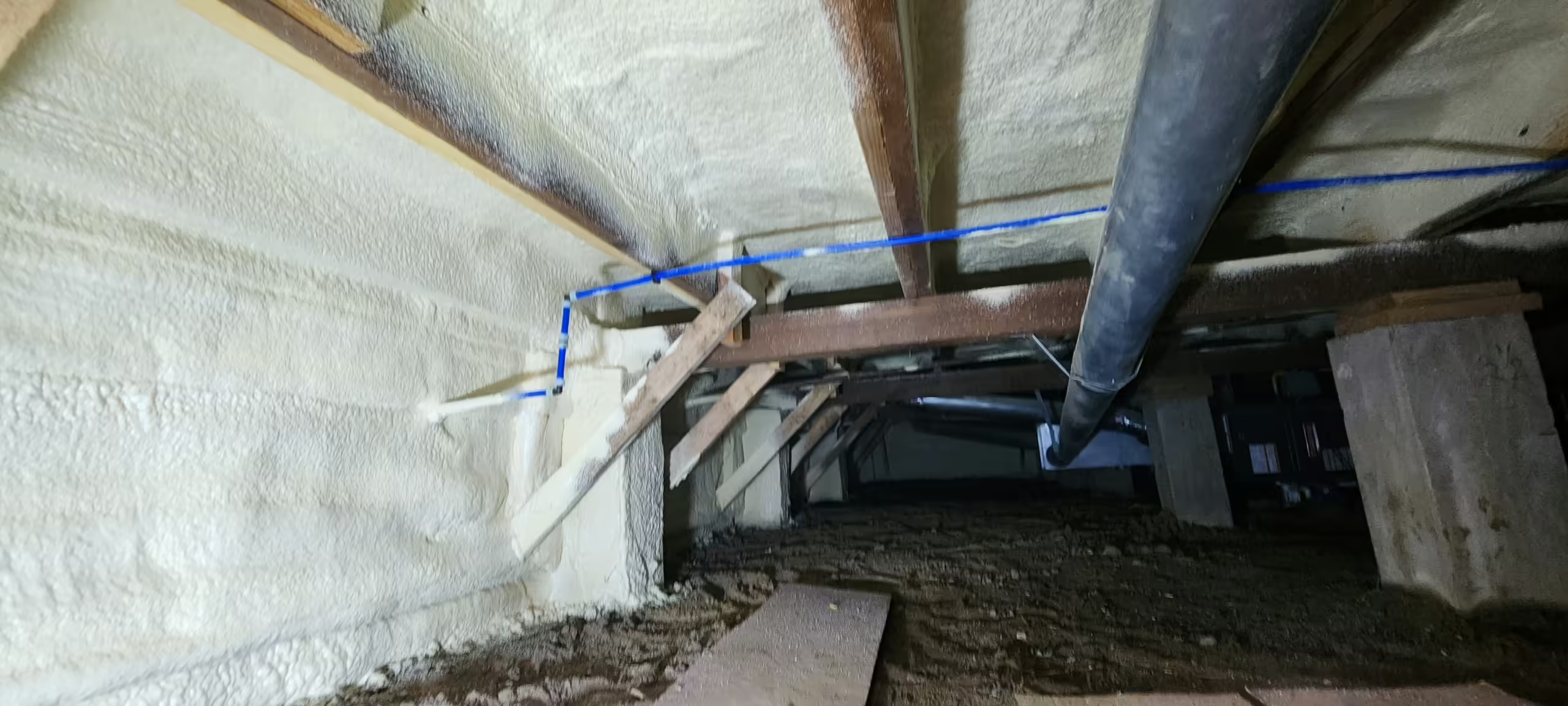 Crawl Space Insulation
Crawl Space Insulation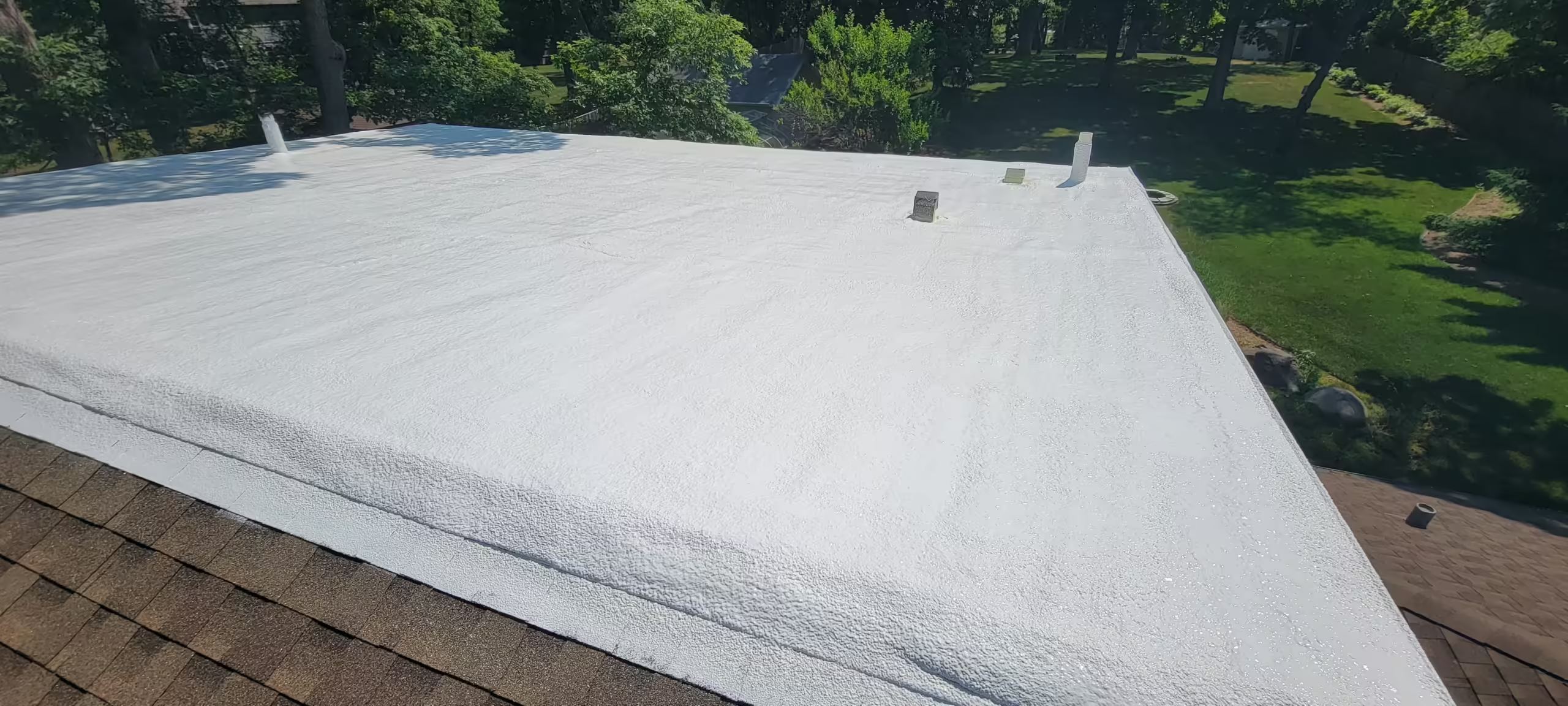 Exterior Wall Insulation
Exterior Wall Insulation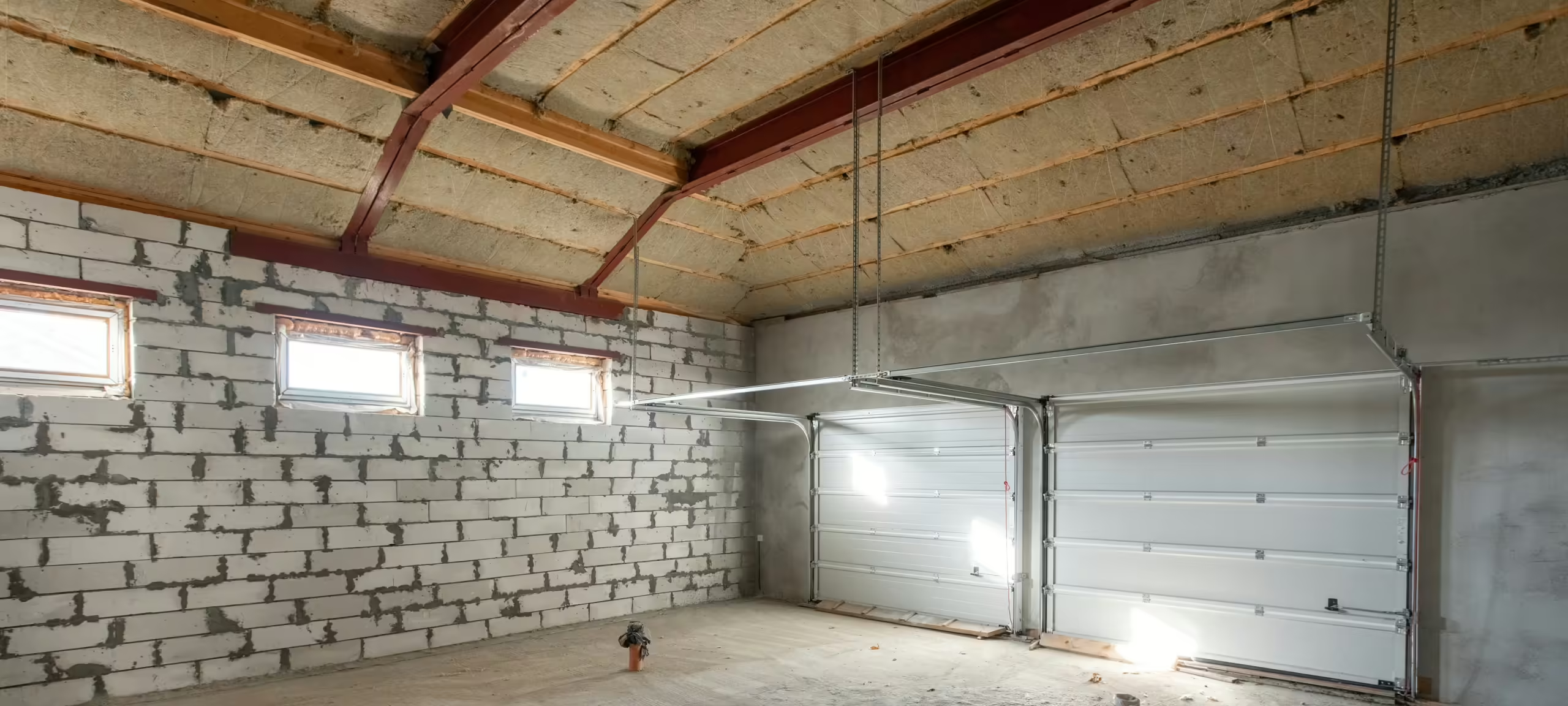 Garage Insulation
Garage Insulation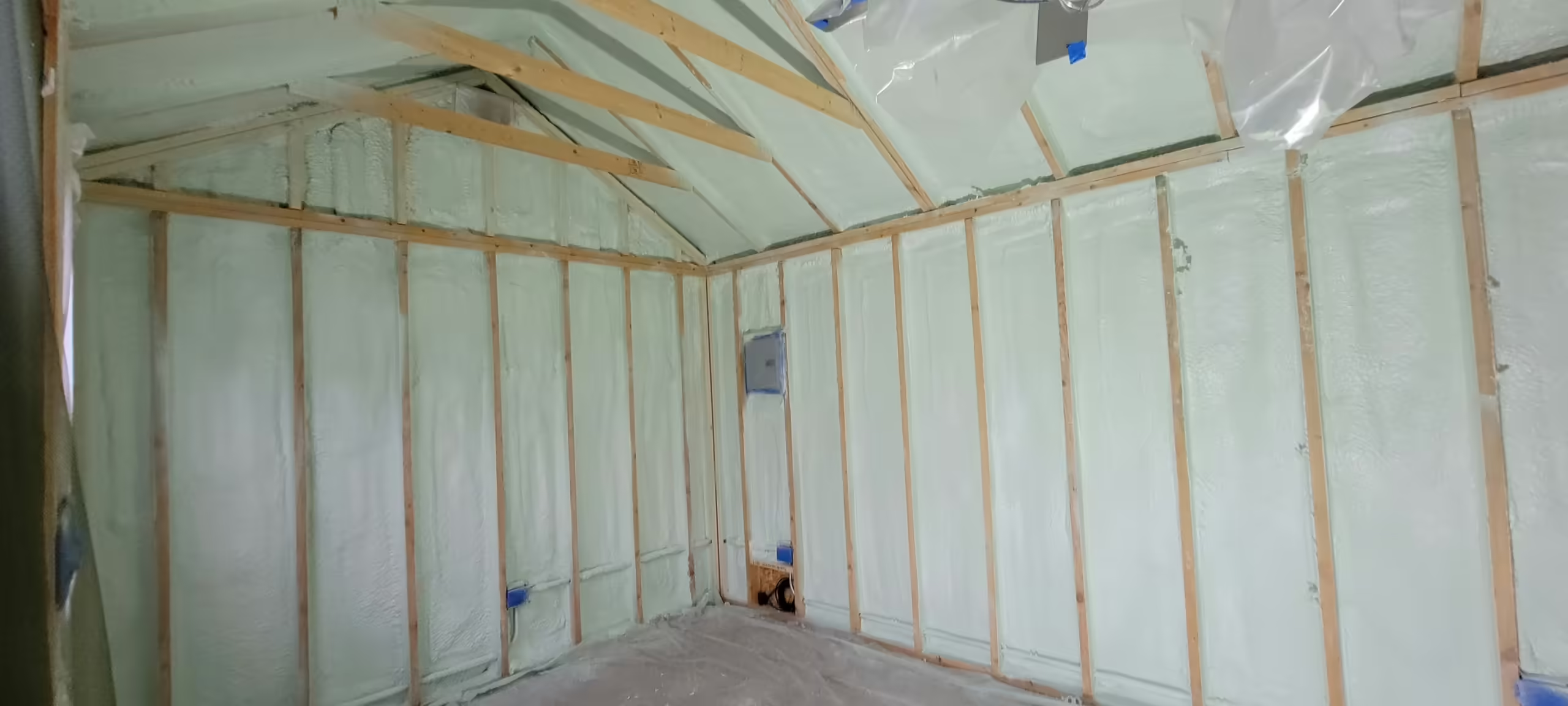 Interior Wall Insulation
Interior Wall Insulation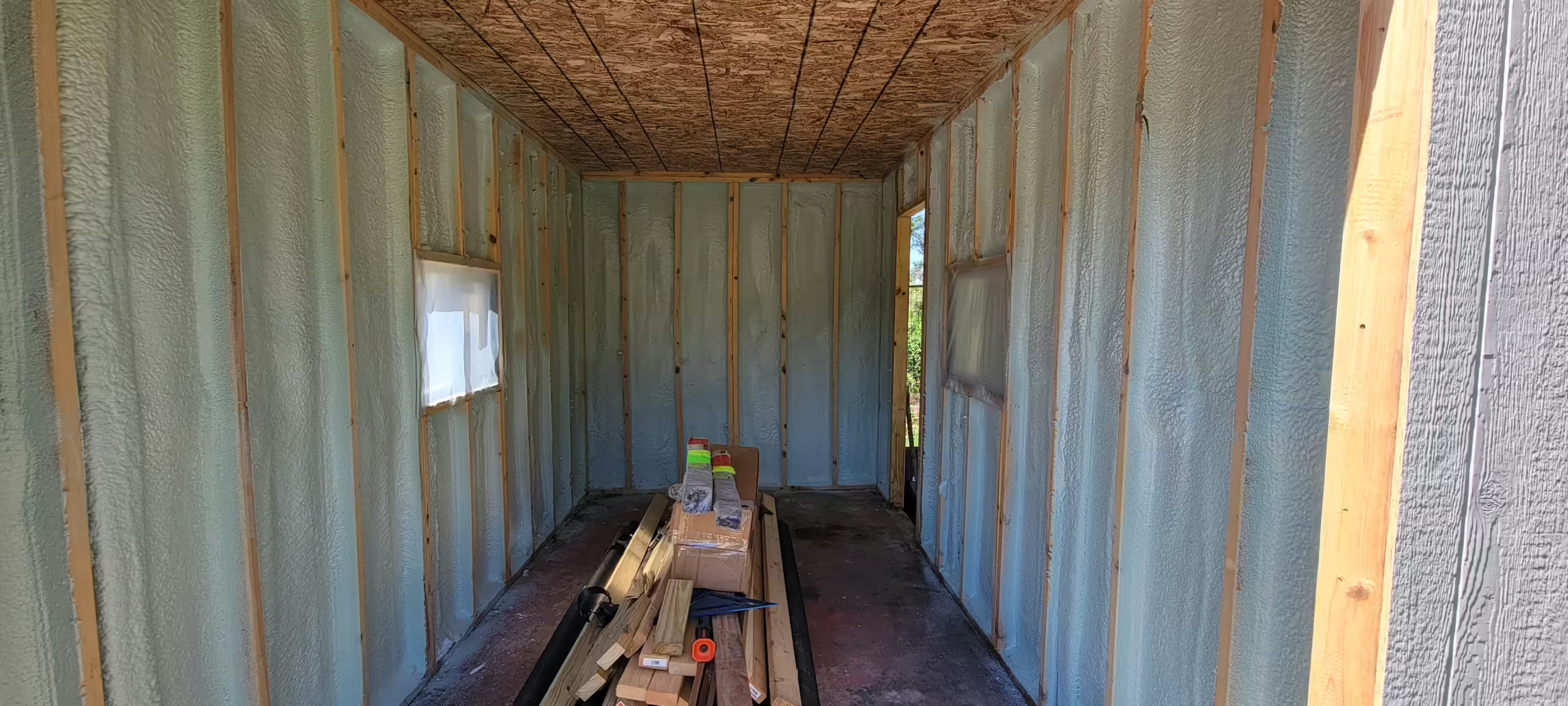 Shed Insulation
Shed Insulation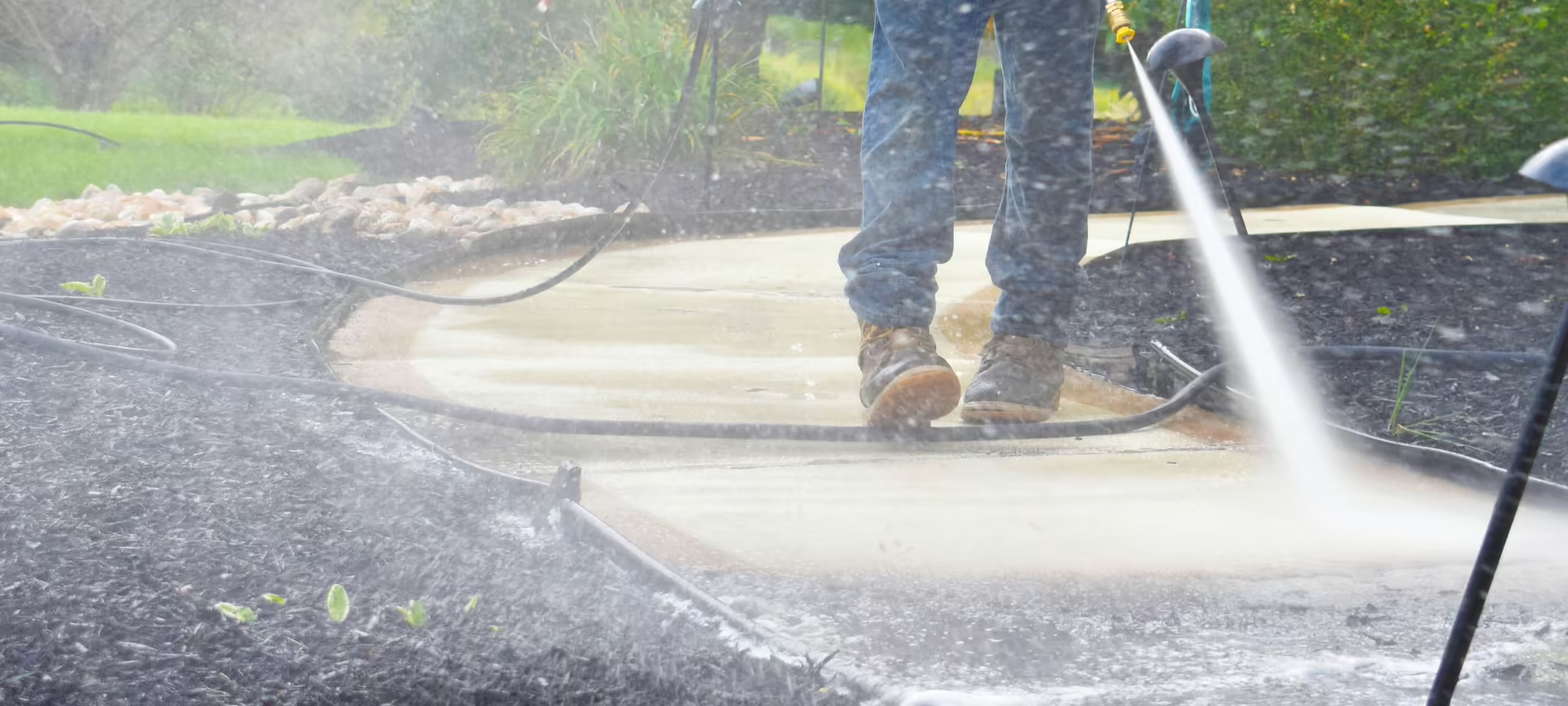 Power Washing
Power Washing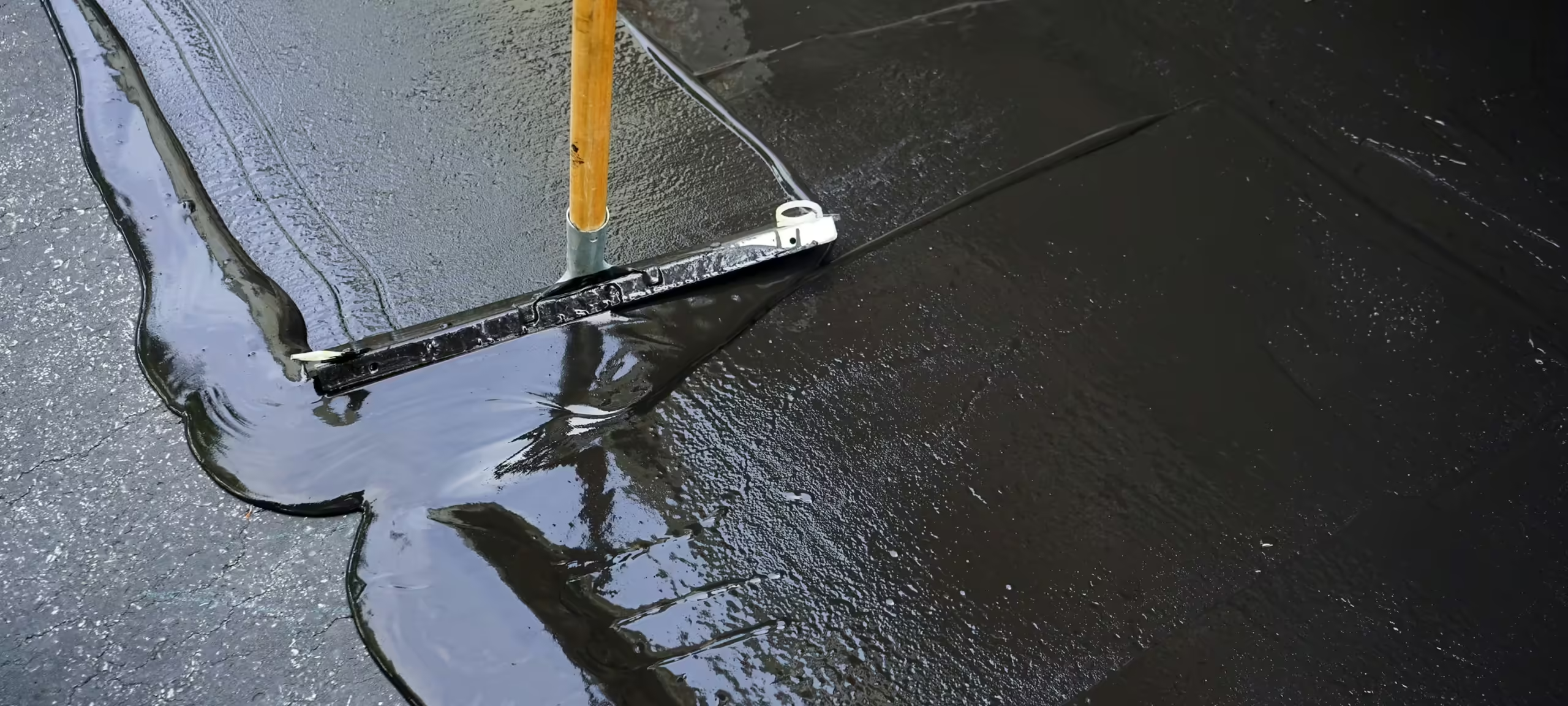 Sealcoating
Sealcoating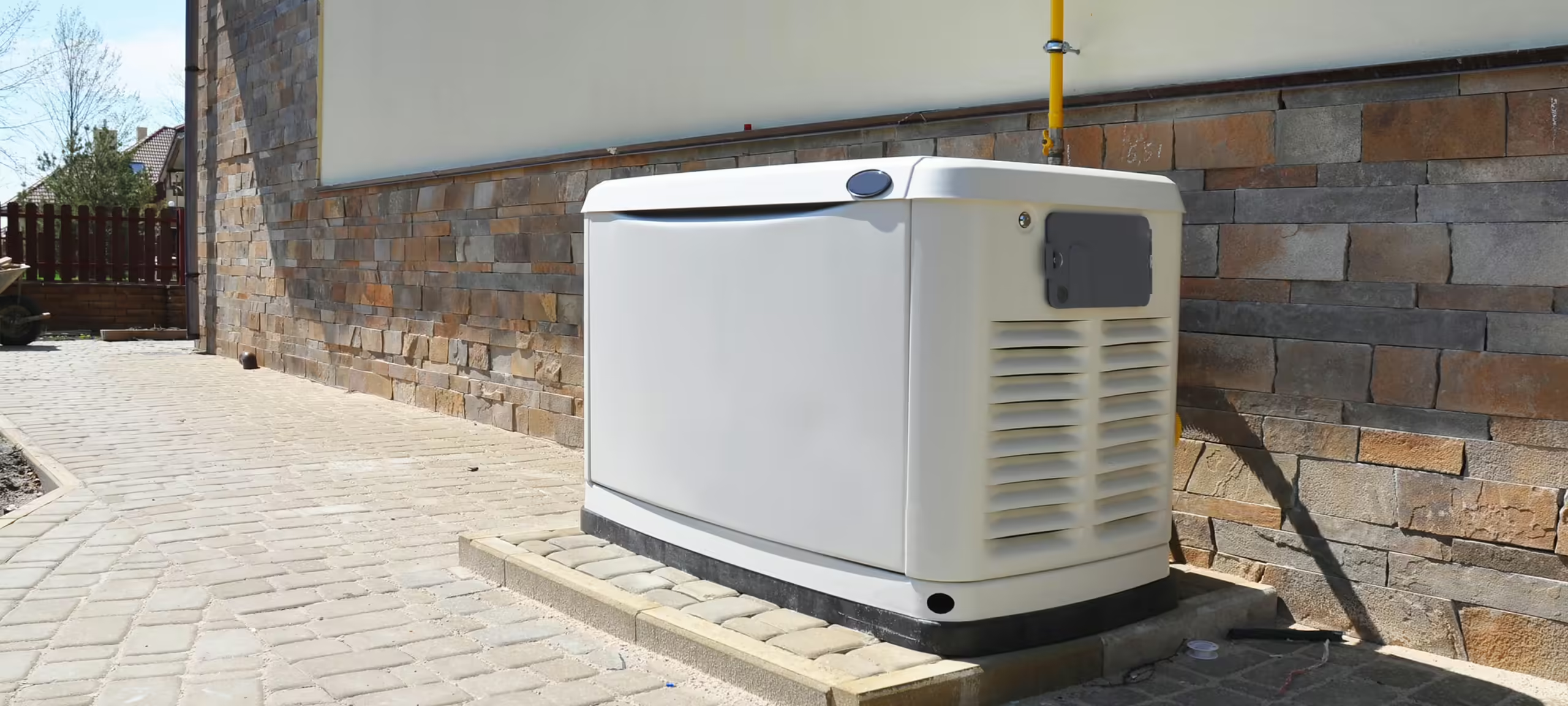 Backup Power Generators
Backup Power Generators Lake County Insulation
Lake County Insulation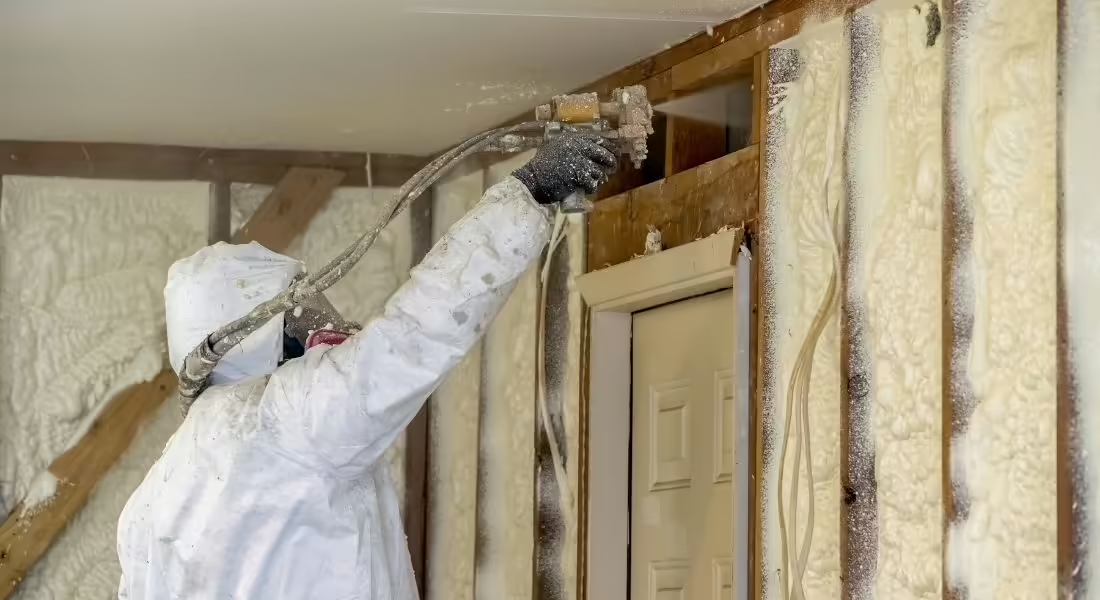 Spray Foam Insulation Guides
Spray Foam Insulation Guides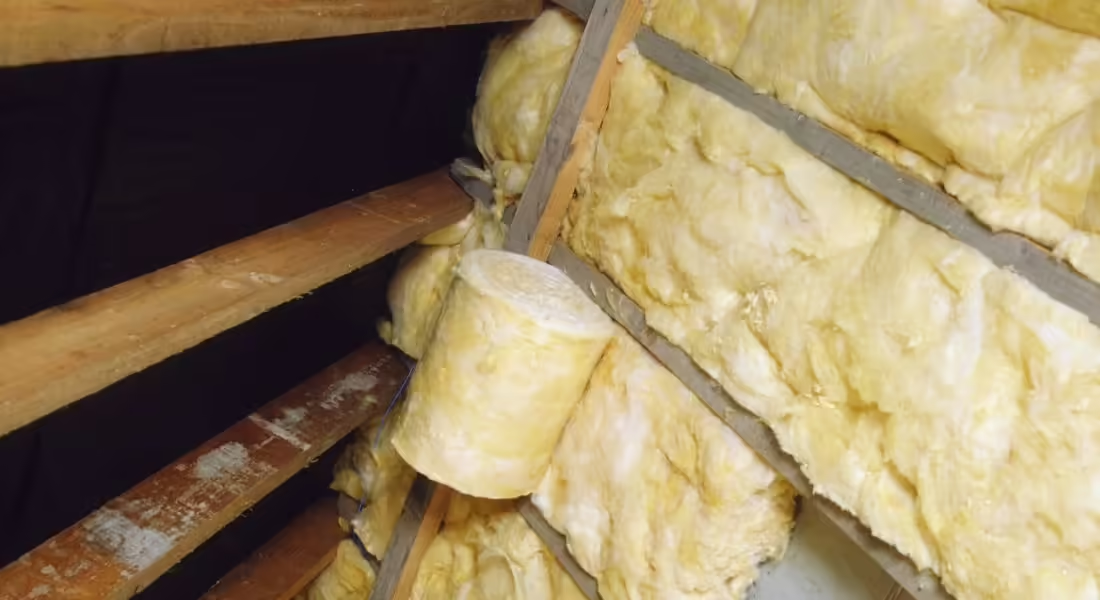 Insulation Guide
Insulation Guide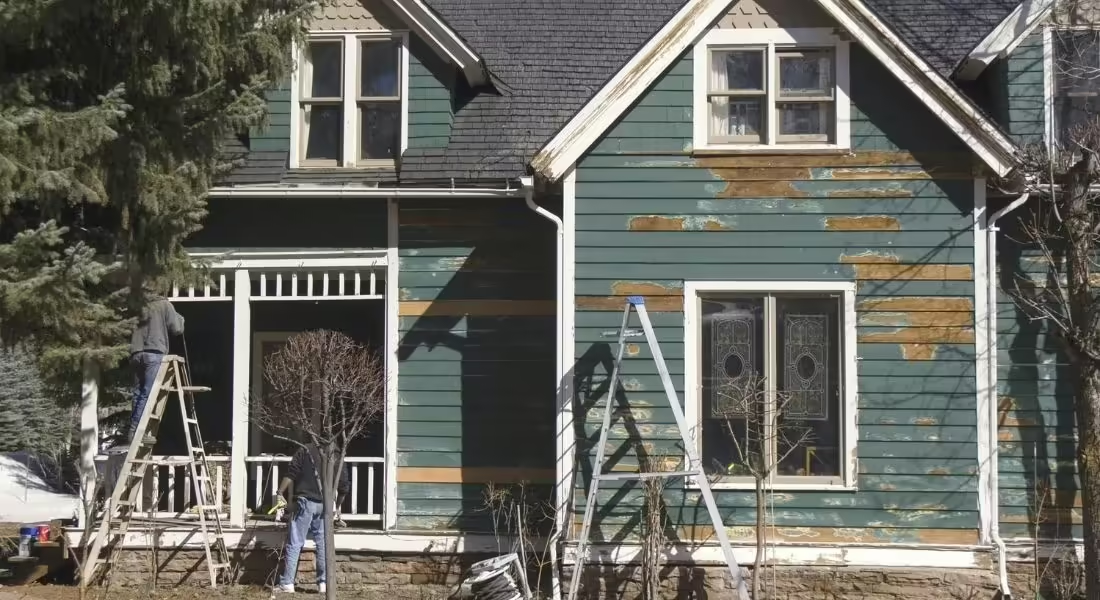 Home Improvement & Maintenance Guide
Home Improvement & Maintenance Guide